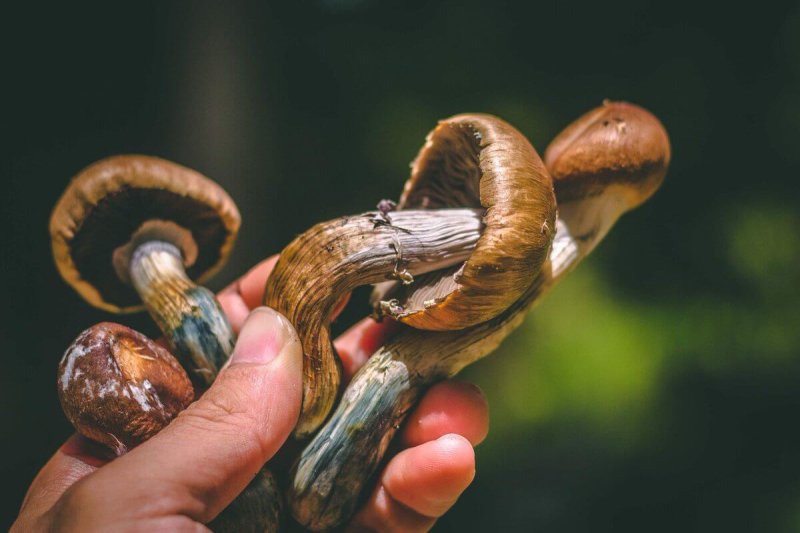Microdosing involves taking roughly one-tenth the “trip” dose of a psychedelic drug, an amount too little to trigger hallucinations but enough, its proponents say, to sharpen the mind. Psilocybin microdosers (including hundreds on Reddit) report that the mushrooms can increase creativity, calm anxiety, decrease the need for caffeine, and reduce depression. There is enough evidence that trip doses might have the latter effect that, on [August 22], London-based Compass Pathways received Food and Drug Administration approval for a Phase 2B clinical trial of psilocybin (in larger-than-microdoses) for treatment-resistant depression. But research into microdosing is minimal.
…
The scientific interest is driven, in part, by numerous reports over the years that psilocybin might have antidepressant or anti-anxiety effects that might guide the development of better psychiatric drugs. But it also reflects an itch to see whether there is any basis for the anecdotal accounts. Now, in the first study of its kind, scientists in the Netherlands found that psilocybin microdoses have no noticeable effect on the problem-solving, rational-thinking, and abstract-reasoning ability called fluid intelligence. But they do seem to improve two forms of thinking that underlie creativity.
…
Whatever the dose, psilocybin (O-phosphoryl-4-hydroxy-N, N-dimethyltryptamine) binds to receptors for the neurotransmitter serotonin. The cortex is packed with these 5-HT2A receptors, especially in areas that control reflection, imagination, and introspection.
Read full, original post: ‘Microdosing’ is touted by ’shroomers and Reddit users. Science is starting to test their claims — and finding some truth































